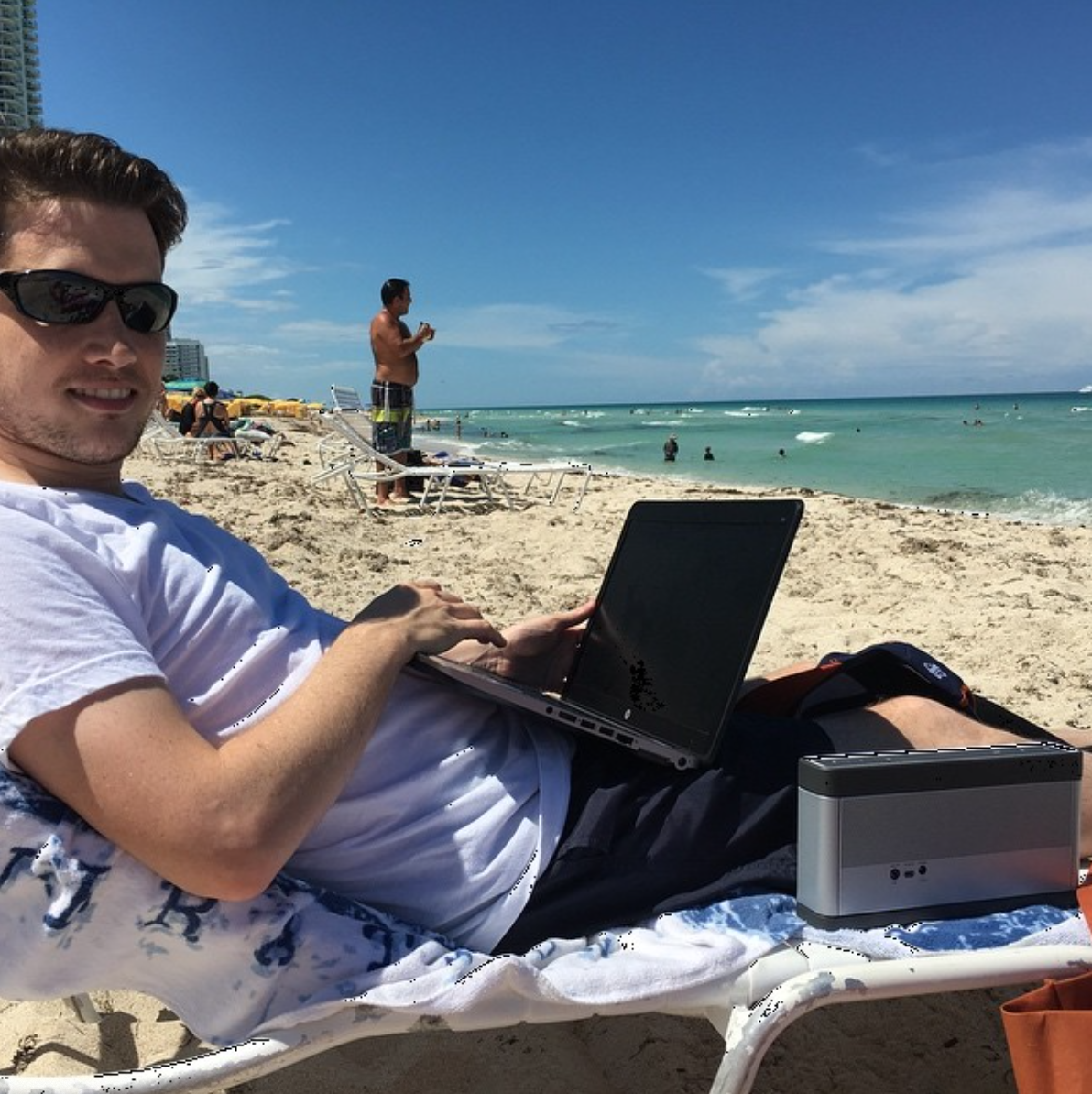- As market volatility ramps up, it can be tempting to overtrade…
- You must fight the urge to trade subpar patterns and setups…
- Focus on predictable plays with a high probability of success…
Hey, Evolver.
Last week, I took a few days off to observe the Jewish holiday of Sukkot.
While I was celebrating, the stock market slipped. The S&P 500 was down as much as 5% during the week, before bouncing back on Friday.
When the market gets choppy, I notice students trading more mediocre setups than normal — forcing them to swallow losses that could have been avoided.
Let’s talk about why this might happen, and how you can avoid a similar fate…
Volatility is a Double-Edged Sword
As traders, most of us love volatility. If you’re an experienced trader who knows how to capitalize on your strategy, you may view general volatility as a huge red bullseye. (I know I do.)
And depending on your trading skills, this isn’t necessarily the wrong way to look at things…
After all, when big market shifts cause widespread portfolio rebalancing, HUGE trading setups can emerge out of the madness.
That being said, I often see newbie traders make the mistake of diving head-first into an ultra-volatile week of trading…
They hear other traders talk about the big opportunities waiting in the volatility. This leads some newbies to overestimate their abilities. They enter trades they aren’t prepared for.
In my opinion, this is a BIG mistake. If you’re a newbie, and the market is currently dipping, don’t try to hit a home run by shorting the market (or attempting to call a bottom and go long).
Instead, I suggest newbies take this opportunity to sit on the sidelines and STUDY what’s happening.
Consider doing any of the following:
- Backtest previous trades.
- Compare and contrast potential future plays.
- Examine historical chart patterns (and think about how they relate to what’s going on currently).
When market anxiety is incredibly high, don’t try to be a hero…
Instead, think long and hard about what your absolute highest-conviction play is — then wait for the market to settle before putting the trade on.
Lesson Summary
- While experienced traders may be able to take advantage of a market downturn, newbies should stay on the sidelines…
- In these market conditions, setups become less predictable and more dangerous. The rewards may be potentially bigger, but the risks are bigger as well…
- This is the perfect time for Evolvers to go over plays they’ve been considering, with the plan to strike when the market signals it’s smoothing out…
Conclusion
The market is choppy, volatility is elevated, and major indexes are down for the month…
If you aren’t 100% confident in your skills and plays in this market, I suggest you sit on the sidelines and STUDY!
Don’t feel like you have to trade the broad market volatility. Trading opportunities are like buses — there’s always another one coming.
Be careful,
Mark Croock
Editor, Evolved Trader Daily
P.S.
*All content in this newsletter is intended for educational and informational purposes only.
The material in this newsletter is not to be construed as (i) a recommendation to buy or sell stocks, (ii) investment advice, or (iii) a representation that the investments being discussed are suitable or appropriate for any person. No representation is being made that following Evolved Trader Daily strategies will guarantee a particular outcome or result in profits. The price and value of stocks may fluctuate depending upon various market factors, and, as such, the strategies used by Evolved Trader Daily to adjust for those fluctuations may change without notice.
There are significant risks associated with trading stocks and you must be aware of those risks, and willing to accept them, in order to invest in these markets. Past performance of any trading system or methodology is not indicative of future results. You should always conduct your own analysis before making investments.
You should not trade with money you cannot afford to lose and there is a risk that trading stocks will result in a complete loss of your investment. Trading stocks, particularly penny stocks, is not suitable for everyone and requires hard work, due diligence, capital, and substantial time to monitor the market and timely execute trades.

